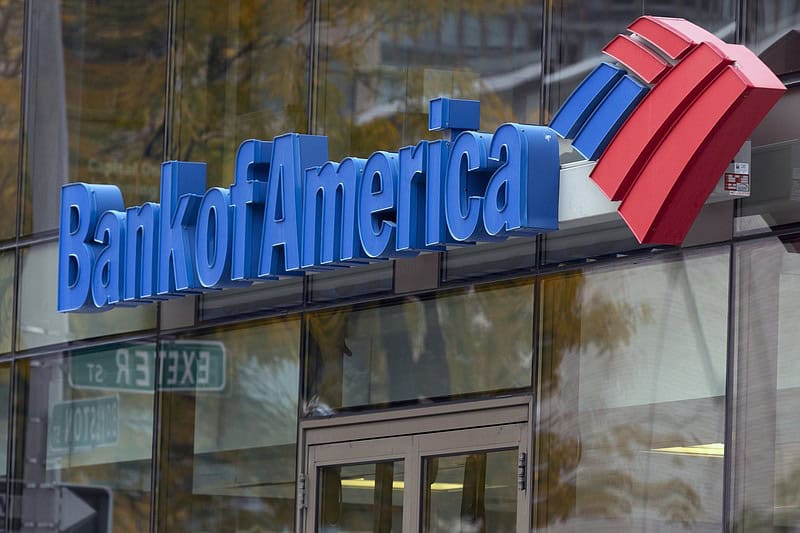
The S&P 500 entered a technical bull market last week, but the sizable rally that led it there may not last for long, according to a Bank of America.
Michael Hartnett, the chief investment strategist at Bank of America who correctly predicted last year’s sell-off, warned in a Friday analyst note the stock market could resume its downward spiral soon.
“We are not convinced we at start of brand, new shiny bull market,” Hartnett wrote. “Still feels more like combo of 2000 or 2008, big rally before big collapse.”
He sees maximum upside for the S&P 500 of 100 to 150 points, compared to 300 points downside between and Labor Day at the beginning of September.
S&P 500
The S&P 500 last week exited the longest bull market since 1948, closing more than 20% above its October low. The benchmark index surged again on Thursday and hit a 14-month-high on trader hopes that the Federal Reserve is nearing the end of its aggressive interest-rate hike campaign.
The Dow Jones Industrial Average closed Thursday at the highest level since December, while the tech-heavy Nasdaq Composite posted its best finish since April 2022.
Nasdaq Composite
Seven mega-cap stocks – Nvidia, whose market value topped $1 trillion, Apple, Microsoft, Amazon, Meta (Facebook), Alphabet (Google) and Tesla – have been the main driver behind the market’s recent strength and its shift from bear to bull market.
Hartnett said that “bears like us” have been wrong in the first half of 2023 for several reasons, including: Neither an economic nor an earnings recession so far this year; averting a credit crunch in the wake of the Silicon Valley Bank collapse thanks to the emergency liquidity response from the Federal Reserve and the Treasury Department; and the emergence of artifical intelligence that forced investors to “to play catch-up as hard landing risks evaporate.”
Until the Federal Reserve “reintroduces fear” by signaling that interest rates need to hit 6% to break sticky inflation and unemployment exceeds 4% signaling a recession, stocks can remain elevated, and credit spreads can remain low, Hartnett wrote.
In the meantime, investors are likely to chase the market higher “from momentum to contrarian plays, from deflation to inflation assets, from DM to EM stocks, from no landing plays to hard landing play.”
The gloomy forecast comes after a brutal year for the stock market, its worst since the 2008 financial crisis. All three indexes tumbled in 2022, snapping a three-year win streak. The Dow Jones Industrial Average ended the year down 8.8%, the best of the three. The S&P 500 sank 19.4% while the tech-heavy Nasdaq Composite plunged 33.1%.
Stocks rallied in the first half of 2023, and equities seem poised to continue that momentum despite sticky inflation, rising interest rates and the looming threat of a recession.
As of Friday morning, the S&P is up more than 16% from the start of the year.